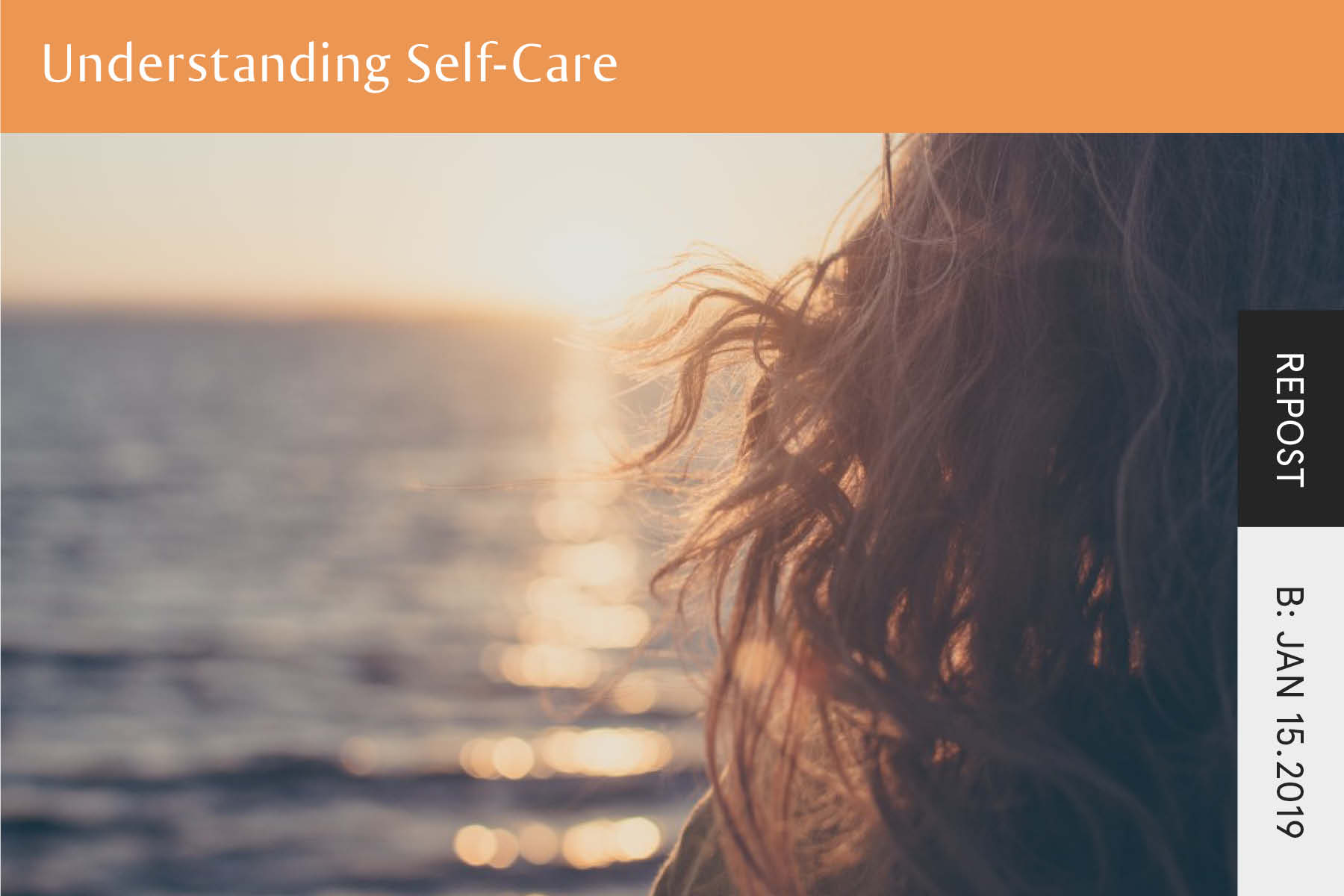

Self-care seems to be a buzzword that is spreading through the health community. It’s not new by any stretch but I can’t help but notice how much it comes up these days in articles or when people speak about “health”.
But the thing that often strikes me is how misunderstood this term is.
Self-care too often is associated with the clichéd things that one does to relax. Taking a bubble bath, getting a massage or doing meditation probably top the list of practices people think of when they hear the term self-care.
And while I’m not against people doing any of these things, it can sometimes feel like this is missing the point. Or at the very least, barely scratching the surface.
You do a 12-hour day where you’ve had only brief moments to inhale whatever minimal food you can find. But a bubble bath is what you then use to look after yourself.
You work in a job that you actively dislike, where you hate your boss and have a strong body-wide reaction to just being in the office. But a massage is how you choose to care for your mind and body.
You restrict your food to some arbitrary calorie number or avoid all carbs. You then train five days a week despite it leaving you drained and struggling to make it through the day. But you meditate using Headspace because you want to take care of yourself.
Self-care in these situations feels like a token behaviour or a very short-lived distraction. It’s not dealing with the real problems but rather creating an illusion of nurturing yourself.
Because for me, self-care isn’t about things you do momentarily when you’re feeling run down. Self-care is about creating a life to the best of your ability that is supportive of your health and well being.
In this sense, self-care should be associated with bigger picture thinking, rather than the afterthought that it is for so many.
Self-care is quitting dieting and deciding to never do it again. It’s deciding to recover from an eating disorder, like anorexia or binge eating disorder. It’s feeding yourself food that supports the demands that are constantly being asked of your body.
Self-care is making the tough decision to walk away from that job that is slowly breaking you. It’s finding work that is in line with who you are and what you are passionate about.
Self-care is learning to say no to many of the requests that are asked of your time. To not feel guilted into constantly putting everyone else’s needs ahead of your own.
Self-care is finding hobbies and creative outlets that you regularly spend your time on. And not because you convince yourself that taking this time will make you “a better mother” but because you are a human being that deserves your own interests and time to follow them.
Now, I know life isn’t as simple as I’m making out here. Sometimes you can’t quit a job because it’s currently the only option available. Or you’d love to have more time for yourself but you’re looking after an ill older relative and there is no one else to help.
So in certain situations, you have very little choice and you just have to get through it.
But for so many people they do have a choice. They can make changes that would seismically change their level of self-care and the quality of their life. But instead, they stay chained to that which is draining them while adding in fleeting moments of bubble baths and massages.
What determines our health and happiness are the things that we do most of the time. Spending 0.5% of your time doing self-care doesn’t stand any hope of making an appreciable dent if the rest of your life is working against you.
I like that more people are talking about self-care. I just want the conversation to move on to what it really means rather than the tepid suggestions we most often hear.
So much of the work I do with clients is around self-care. Especially if we are considering self-care in the broader sense that I’ve suggested in this article.
If this is an area you’re struggling with, I’d love to help.
I’m a leading expert and advocate for full recovery. I’ve been working with clients for over 15 years and understand what needs to happen to recover.
I truly believe that you can reach a place where the eating disorder is a thing of the past and I want to help you get there.
Want to get a FREE online course created specifically for those wanting full recovery? Discover the first 5 steps to take in your eating disorder recovery. This course shows you how to take action and the exact step-by-step process. To get instant access, click the button below.
Share
Facebook
Twitter